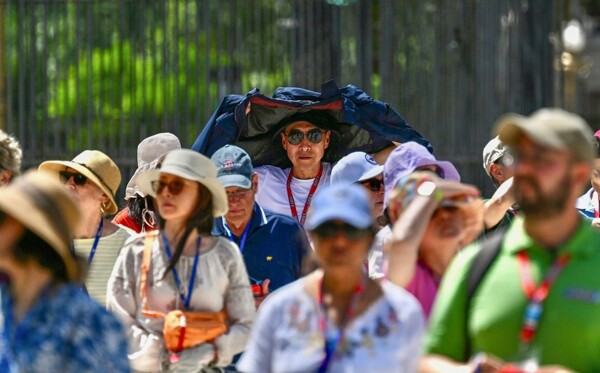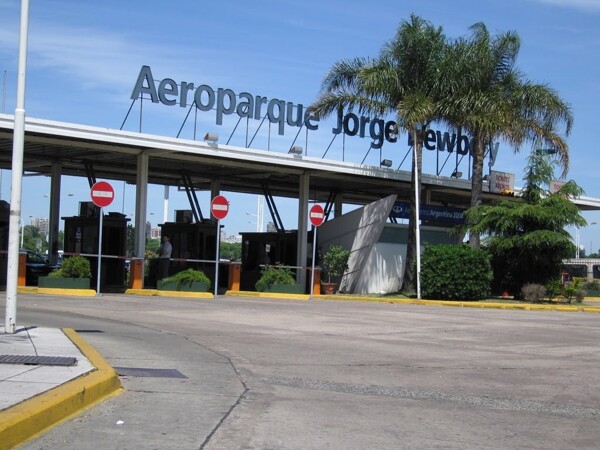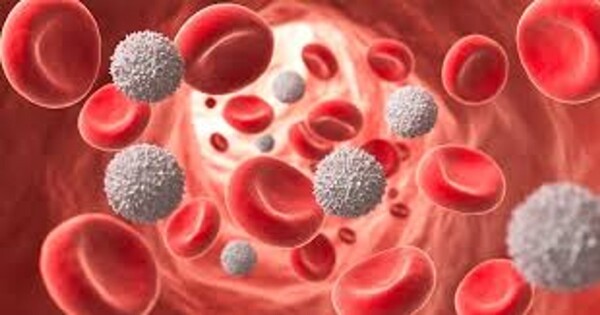
The promotion of healthy habits, such as sports, hobbies, or small moments of disconnection during the routine, is essential to prepare the mind and body for true rest,” explains Licenciada María Verónica Lapelle. This includes learning to make cuts in daily life, whether on weekends or after working hours, something that may seem simple but is essential for the brain to learn to relax and decrease the production of cortisol, the stress hormone. Moments of disconnection allow for breaking the cycle of chronic stress that affects physical and mental health. When the body remains in constant alert, it produces cortisol, a hormone that, if kept elevated, can cause hypertension, inflammation, cardiovascular problems, and weakening of the immune system. Moreover, it can affect neural connections, predisposing to depressive states. Reducing stress and disconnecting from sources of tension activates hormonal circuits related to pleasure and well-being, such as dopamine, serotonin, and oxytocin, promoting a sense of satisfaction and emotional balance.
Disconnecting from the digital world: a current challenge. The cell phone, social networks, and remote work are allies for many activities, but they can also become obstacles to real rest. “Today, the phone is our office, television, and cinema, and many people continue to respond to work messages even on vacation. Vacations are that moment in the calendar when millions of Argentines seek to disconnect from routine and recharge, but sometimes we do not know how to make the most of this time to improve our mental health and, according to specialists, it’s not just about 'taking a break,' but about implementing habits that make this period a true tool for emotional well-being.
“Mental health is not solved in two weeks of vacation. Whether in a café with a friend during the year or on a trip during vacation, these moments comfort us and strengthen us emotionally.” “We cannot ask vacations to solve all the problems accumulated during the year.” Experts insist that this feeling may be related to a lack of job or personal satisfaction, but also with unrealistic expectations about vacations and advise: Plan meaningful activities: dedicate time to hobbies, sports, or simply resting without demands. Disconnect from work: limit the use of the phone and set clear hours to check messages or emails. Foster relationships: spend time with loved ones to strengthen emotional health. Practice flexibility: learn to handle unforeseen events with humor and adaptability. Maintain balance: incorporate small moments of leisure throughout the year so that rest is effective. In short, vacations are much more than a time for leisure: they are an opportunity to reconnect with oneself, improve mental health, and strengthen the foundations to face a new year with well-being. It is essential to work throughout the year so that this time is effective. It is a time to recharge and resume projects with a more positive outlook,” added Lapelle. While many return renewed, others feel the “downturn” of returning to the routine. It is crucial to establish clear limits, such as enabling a second phone for family emergencies or defining limited phone usage hours,” points out Licenciada Fátima Isabel Barragán. Specialists from the Hospital Italiano de Buenos Aires highlighted that constantly checking the phone not only disconnects from the surroundings and experiences but can also generate more exhaustion upon return.
“Returning from vacation more tired than at the start is a clear indicator that we did not manage to disconnect completely,” warns Barragán.
Tips for healthy vacations. Vacations are not only a space for individual rest but also to reinforce bonds. Spending time with friends and family has a positive impact on mental health, similar to socializing in daily life, as Lapelle explains: “Social interaction is fundamental.”














